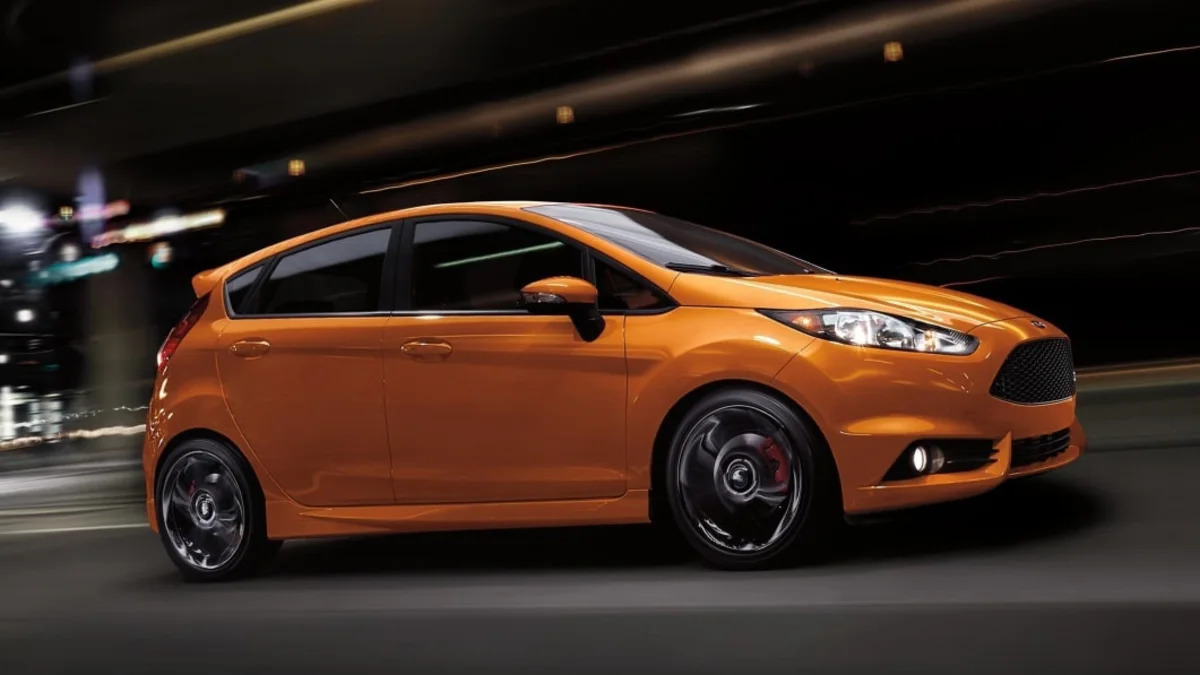Ford is looking to increase its profitability in Europe, and it feels the best way to get there is to inject a more American attitude into its marketing. As it moves toward a fully-electric vehicle lineup, Ford needs to increase profitability, and one of the first steps will be discontinuing the Fiesta and Focus.
The Blue Oval’s decision in Europe sounds similar to the moves it made here a few years ago. Ford discontinued the Fiesta, Focus, Taurus, C-Max, and Flex between 2018 and 2019, leaving the Mustang as the only car in its catalog. Shifting away from cars allowed the automaker to focus on more profitable SUVs and trucks.
The Fiesta and Focus are the targets of this action, which should yield a similar result for the automaker in Europe. The Focus will depart in 2025, while the Fiesta takes a bow in 2023. Ford said its plans include three new EVs in the next two years, though, so it's not cutting back on the number of models it offers.
That could make it more likely that we’ll see electric replacements for those cars instead of their demise. Still, we know that two of the upcoming models will ride on VW’s MEB platform, so the Focus and Fiesta replacements could be small crossovers instead – more American, indeed. Ford said it will push prospective Focus buyers to an electric version of the Puma, a small crossover that launches in 2024.
Ford is leaning into marketing lingo for other models. The Mustang comes with a “Wild Performance” tagline, while the Puma’s is “Urban Escape.” “Active Adventure” awaits Explorer buyers, while the Ranger is billed as the “Ultimate Outdoor” vehicle. Whether these claims and marketing do anything to boost Ford’s fortunes on the continent is yet to be seen, but the automaker is not the sales juggernaut there that it is here.
Autonews reported that Ford carried just a 4.7 percent market share in the first ten months of this year, compared to 24.6 percent for VW Group and 18.8 percent for Stellantis. Unlike its operations in North America, Ford’s footprint is smaller in Europe, so it can’t rely on cost savings brought on by high production and sales volumes. At the same time, it can’t price its vehicles higher than competitive models, so profitability is lower.
Ford hopes this marketing shift will help it sell more profitable vehicles instead of just increasing sales volumes. The automaker is also changing how it sells cars in Europe, moving to direct-sales models where it bills customers directly and pays dealers a small fixed fee. Ford believes that the single price model simplifies the sales process and the retail situation since fewer dealers will be needed to service the same number of customers.
Related Video


Sign in to post
Please sign in to leave a comment.
Continue